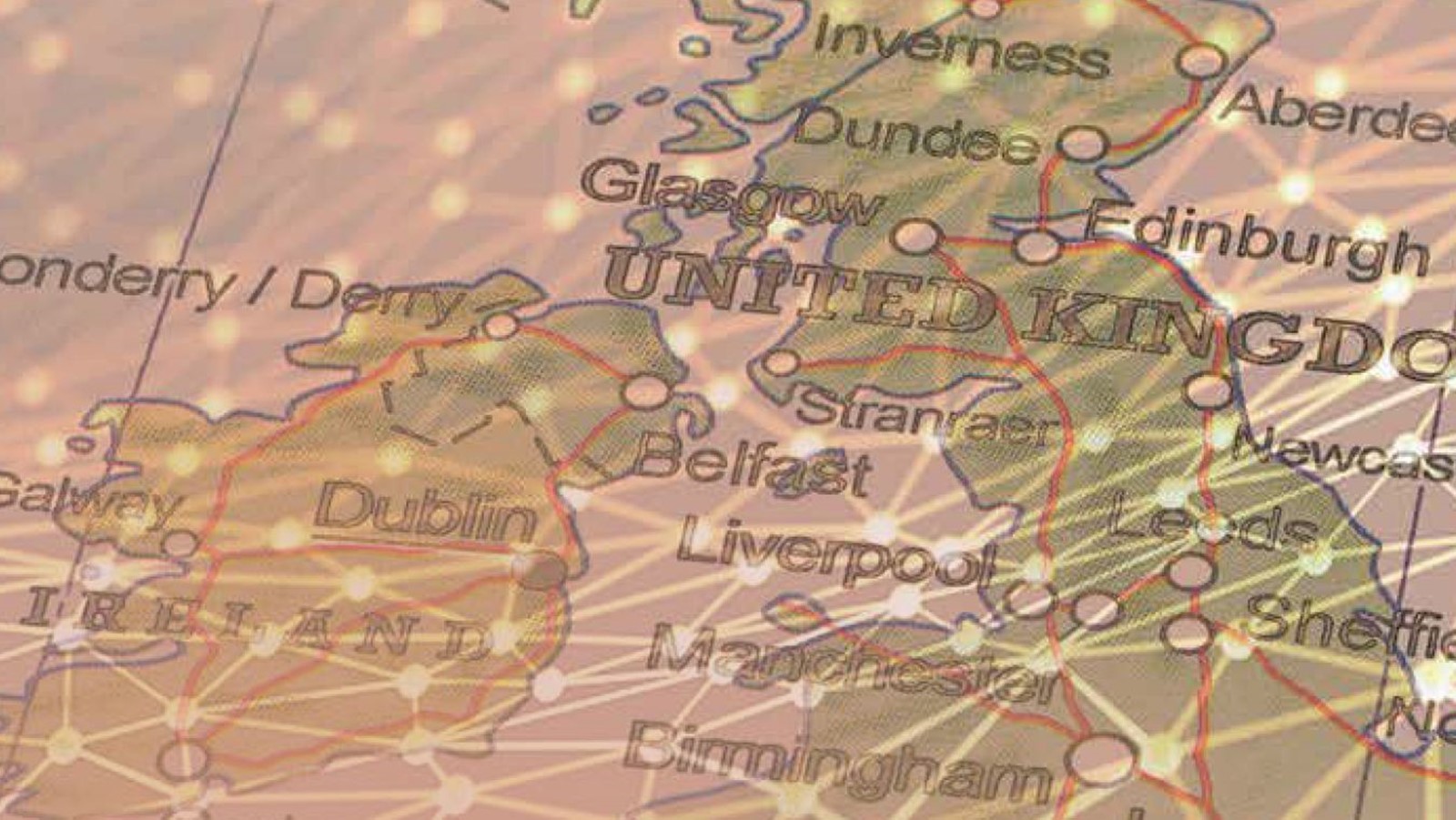Are you a disability-confident employer? It’s a big question that the UK Government has been asking employers for the past few years, having launched its ‘Disability Confident’ scheme back in 2013.
Since then, nearly 6,000 employers have signed up to the scheme, which aims to get more employers focused on making the most of the talents of disabled people. The campaign focuses on challenging attitudes, building awareness and removing the perceived barriers associated with employing disabled people.
Interestingly, the scheme has never really looked at the confidence of disabled individuals in understanding their disability, or their mental or physical ill health, or being able to discuss it at work and ask for support. Step forward ‘Purple Confidence – Unlocking Your Potential,’ a new initiative from PurpleSpace, which has the sole focus of helping individuals and disability network leaders understand their level of personal confidence. But why is this important? And, surely, disabled people know all this?
There’s a long-held phrase within disability activism – nothing about us, without us – and that couldn’t be truer for the disability confident programme. The progress any employer can make in creating a disability-confident organisation is going to be limited by the individual disability confidence of its disabled workforce. Without individuals feeling confident to share their story and ask for appropriate support, all the adjustments processes, line manager training and signposting will only take an organisation so far.
Nearly 85 per cent of disabled people acquire their disability between the ages of 16–64, meaning that for the vast majority of disabled people, disability enters their life unexpectedly and often without a lot of warning. Not surprisingly, this change can bring with it a lack of understanding and confidence in how the individual goes forward in their working life. For many, this lack of confidence and fear can lead to them not asking for support, or not being open about their experience and shying away from bringing their new whole selves to work.
Purple Confidence – Unlocking Your Potential has the potential to fix this. It focuses on helping disabled individuals identify areas where they lack confidence and helps to identify a way for them to move forward. For example, using the Purple Confidence – Unlocking Your Potential framework, an individual might identify that asking for an adjustment is difficult for them, giving them then an opportunity to reflect on why that is, while being signposted to resources which could support them to change this. PurpleSpace is leading the way in creating both the framework and the supporting materials, but importantly, it’s being co-created with disabled people and disability network leaders who support them in workplaces such as Lloyds Banking Group, GSK and Fujitsu.
This combined approach creates a powerful opportunity to not only increase individual disability confidence but also to amplify the impact and the voice of disability networks by giving them a tool to demonstrate the opportunities to improve within an organisation. The feedback so far is positive and members of the community are already keen to move the project forward, to start using the toolkit and help disabled individuals in their workplaces.
This matters to the workplace practitioner, because it’s important to understand the trends within the disability agenda and to be aware that tools like this are being developed. It gives you an opportunity to discuss how your clients might be able to use these tools and to let their employer know too. If you’re working with someone who has recently become disabled and who might be struggling with the confidence to talk about it with others or to ask for help, you could use the tool with them to map where they currently are, where they want to get to and how they can get there.
You can find out more at Purple Confidence – Unlocking Your Potential. We’d love to hear your feedback about how you see the model being used with your clients.
David Caldwell is a Digital Accessibility Manager at Barclays and a Founding Ambassador of PurpleSpace.
